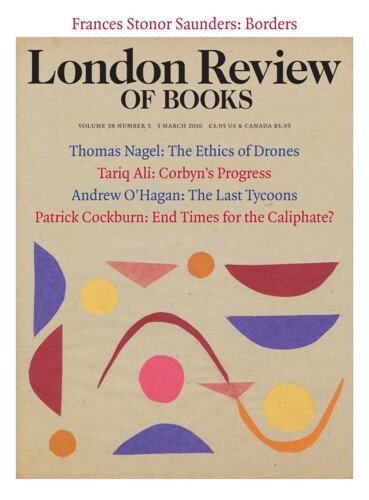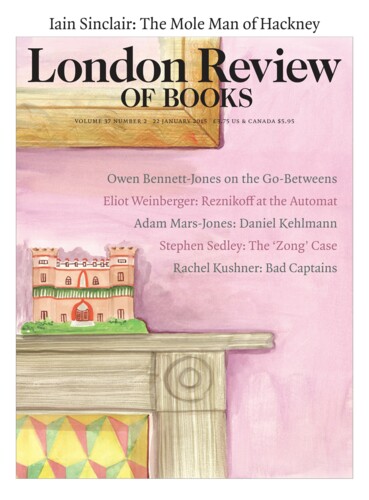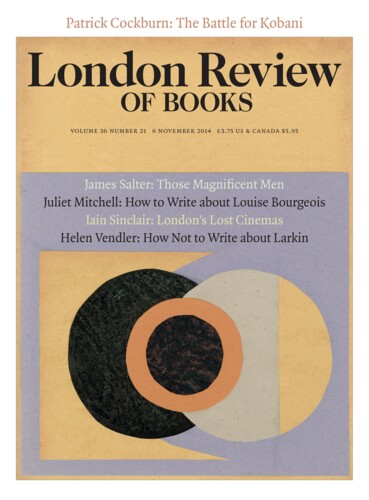From The Blog
21 July 2014
In 1765 Lord Camden, the chief justice of England, held that the King’s Messengers – the Special Branch of the day – had to pay damages for trespassing on the premises of a newspaper publisher. They were looking for copies of his newspaper, which the government regarded as seditious – or as we might say now, a threat to national security. They were acting on the orders of a government minister, but his orders didn't have the force of law and couldn't trump the publisher’s property rights – in effect, his right to privacy. ‘By the laws of England,' Lord Camden said, ‘every invasion of private property, be it ever so minute, is a trespass.’ The case, Entick v. Carrington, established that ministers must not issue general warrants and their agents must not enter private property without a lawful warrant. The Data Retention and Investigatory Powers Act (DRIP) became law last week after just three days of parliamentary debate. When David Cameron said of the bill, ‘I want to be very clear: we are not introducing new powers or capabilities,’ he was clear, but he wasn’t accurate.
21 July 2014





